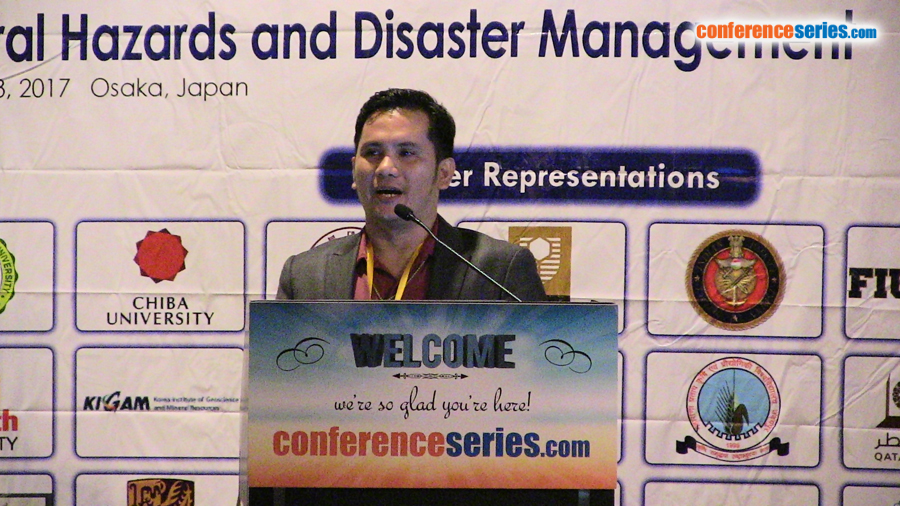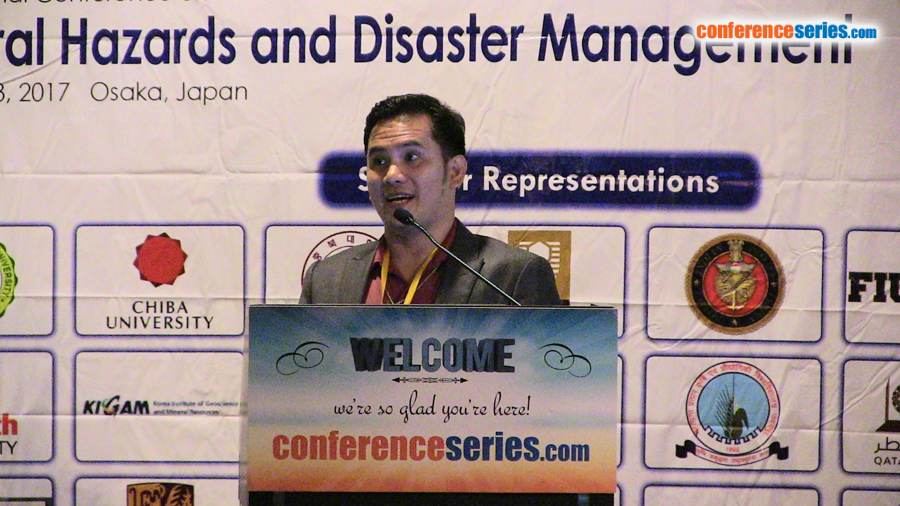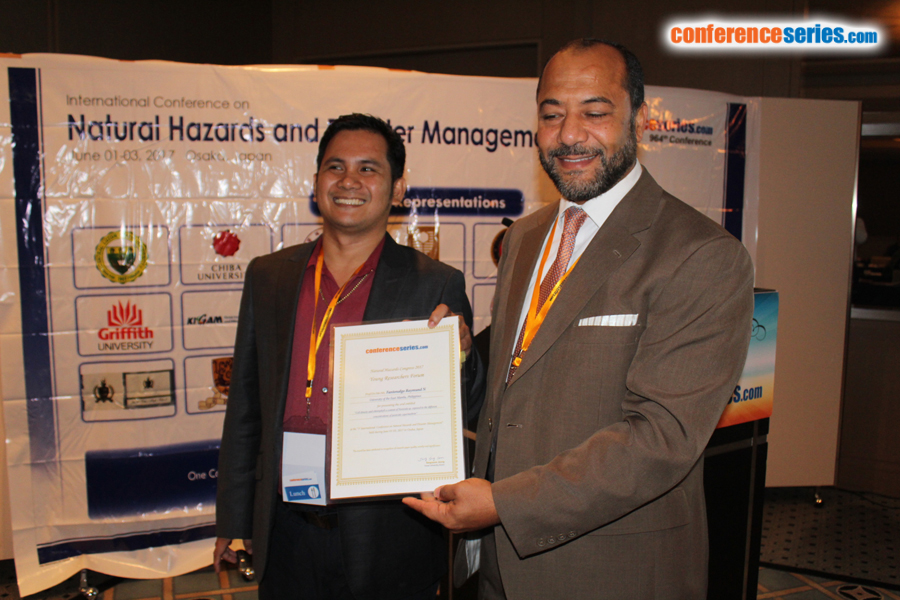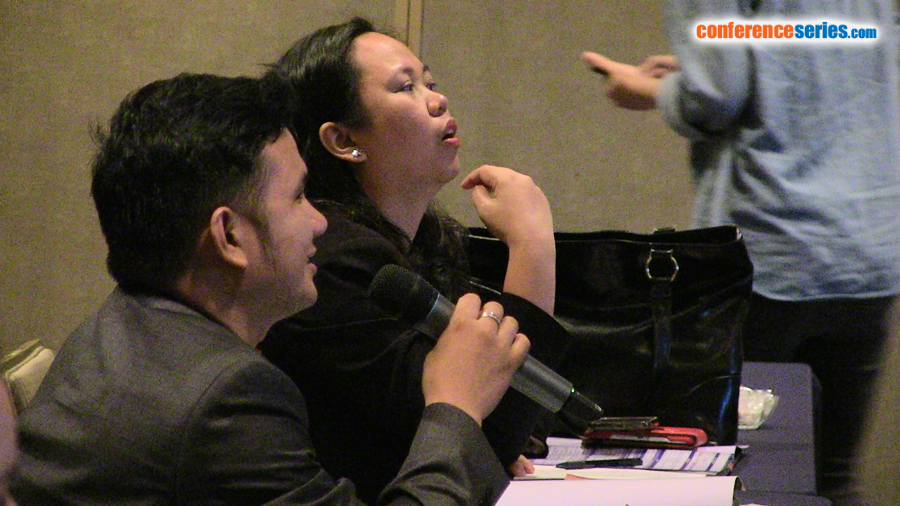
Fantonalgo Raymund N
University of the East-Manila, Philippines
Title: Cell density and chlorophyll a content of Navicula sp. exposed to the different concentrations of pesticide cypermethrin
Biography
Biography: Fantonalgo Raymund N
Abstract
Diatoms are considered as the major primary producers in the ocean. Most of the times, these organisms are affected by materials from river run-offs. In this study, the effect of cypermethrin to the cell density and chlorophyll A (chl A) content of Navicula sp. was evaluated. This investigation employed Randomized Complete Block Design (RCBD) as an experimental design with five treatments. Treatment (T1) (negative control) did not receive experimental pesticide. Treatment two (T2), treatment three (T3) and treatment four (T4) were treated as experimental groups. Two millimeters, one millimeters, and half millimeters were introduced to T2, T3 and T4 respectively in order to come up with 32 mg/L, 16 mg/L, and 8 mg/L respectively. Treatment five (T5) (positive control) received 4.7 mL (328 mg/L) of Chlorpyrifos (Brodan). The chl A content of the diatom was evaluated during spectrometric method and its cell density was determined using the hemacytometer during fourth day of culture. Findings indicated that the chl A and cell density of Naviculasp in experimental treatments and the positive control (Chlorpyrifos) were statistically the same, however; there was significant difference compared to the negative control (distilled water). The reduction in cell density and chl A content was brought by ability of the pesticide to destroy the cell structure of the diatom. Since cypermethrin showed significant reduction in chlacontent and cell density of diatom Navicula sp., proper and careful use of this chemical should be observed in order to prevent from creating harm among the aquatic organisms.
Speaker Presentations
Speaker PDFs
Speaker PPTs Click Here






